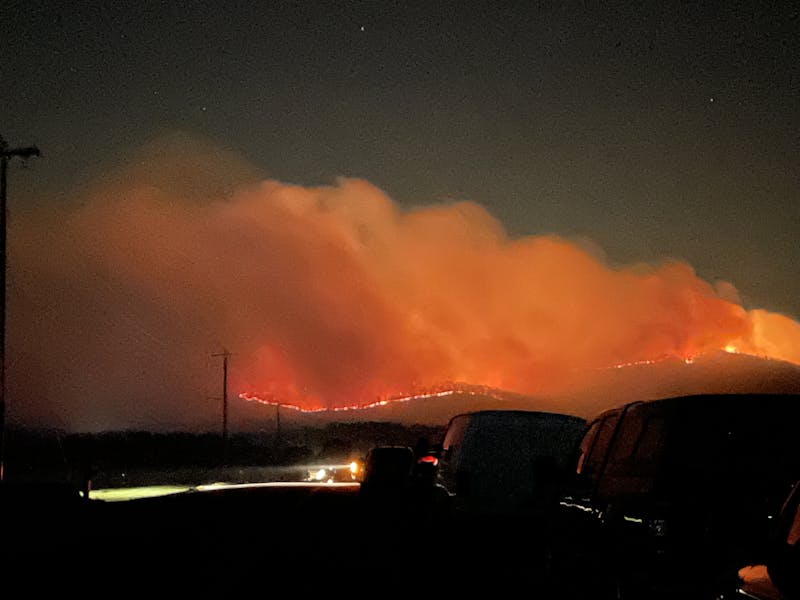Believe it or not, the current editor-in-chief of The Slate grew up reading a lot of books. I took pride in finishing reading lists, participating in reading competitions and getting my prizes for summer reading challenges. Books helped develop my brain, which is why it is so frustrating to see states volleying for book bans.
Banning books is not only a violation of the First Amendment, but it is another barrier that discourages children from reading. Libraries are already competing with the internet’s high-speed, tailored entertainment, which has slowly killed my generation’s attention spans. Attempting to clear out stories that talk about race, gender, sexuality and other differences in our world just continues this struggle.
As I mentioned before, I participated in reading competitions in fourth and fifth grade. This club read books from an assigned list and competed with other schools by answering questions about every story. My favorite books to read were fairy-tale related, but funnily enough those kinds of stories were never on the lists. Instead, the club had me read multiple books about the very topics states like Florida and Texas want to ban: race and gender differences.
Because I grew up sheltered, I never heard slurs or thought too hard about the cost of living before I read those books. Books like “Roll of Thunder, Hear my Cry” and “Maniac McGee” opened my eyes to a world outside of my hometown. These books taught me about the history of racism, segregation and financial issues in a way an 11-year-old could understand.
Ironically, both of these books have been on banned books lists. In fact, I think a lot of books I was encouraged to read growing up were off of banned books lists, like “The Lord of the Flies,” “Harry Potter,” “Thirteen Reasons Why,” “To Kill a Mockingbird” and The Bible, based on data from the American Library Association.
I did not question my own value when I learned about other people’s lives. I did not question my own experiences. I did not hate myself or any of the other lies people will say happen when white students learn about race because it simply does not work like that.
Reading stories from a male character’s point-of-view did not make me think I was a boy. Reading books that have characters different from oneself does not result in some kind of identity crisis. If anything, I became more understanding that people can think differently, act differently and look differently while still being human.
It is crucial that children have access to these kinds of books to develop empathy, a dying trait in today’s polarized world. Banning books is an indicator of governmental corruption. Just ask Germany in the 1940s. Understanding that people can and do come from different backgrounds and different life experiences should not be a controversial topic. When I read these kinds of books, I was sad to learn about what happened and happens in our world, but more importantly, I was resolved to not let it happen again. We should develop empathy instead of fear of others.
To read books that are being challenged or banned, visit your local library.




The Slate welcomes thoughtful discussion on all of our stories, but please keep comments civil and on-topic. Read our full guidelines here.